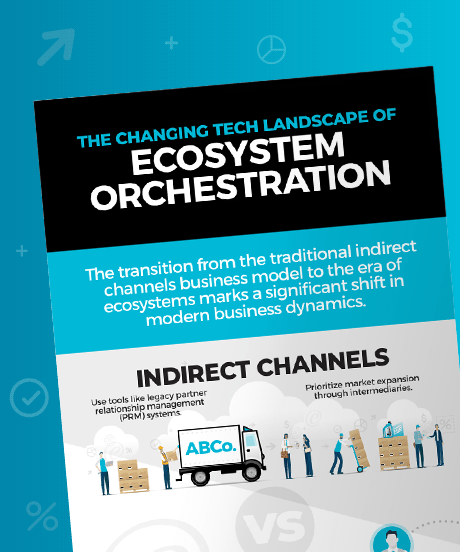A Strategic Alliance is a formal collaboration between two or more independent organizations that agree to pursue shared objectives while remaining separate entities. Unlike strategic partnerships, which often imply deeper integration and long-term alignment, a strategic alliance is typically project-based or time-bound, designed to achieve specific goals without merging operations or committing to extensive co-investment.
More specifically, this type of alliance could involve:
- Defining mutual goals while maintaining operational independence
- Sharing resources, expertise, or market access to address a joint opportunity or challenge
- Coordinating on clearly scoped initiatives without restructuring ownership or governance
Companies form strategic alliances to accelerate innovation, enter new markets, or enhance competitiveness without the complexity of a merger. These alliances are especially valuable when flexibility is key, allowing each party to test collaboration without sacrificing autonomy or assuming long-term risk. When well-executed, a strategic alliance can lead to measurable gains in efficiency, reach, and brand influence—while preserving the freedom to adapt or disengage as business needs evolve.
Centralize Ecosystems to Adapt to Market Trends

Infographic
The Changing Tech Landscape of Ecosystem Orchestration
The transition from the traditional indirect channels business model to the era of ecosystems marks a significant shift in modern business dynamics.
The new world of Ecosystem Orchestration fosters innovative, seamless collaboration and flexibility.
See the contrasts of Ecosystem Orchestration with the constrictions of traditional PRM and the impact of this implementation on your business.
